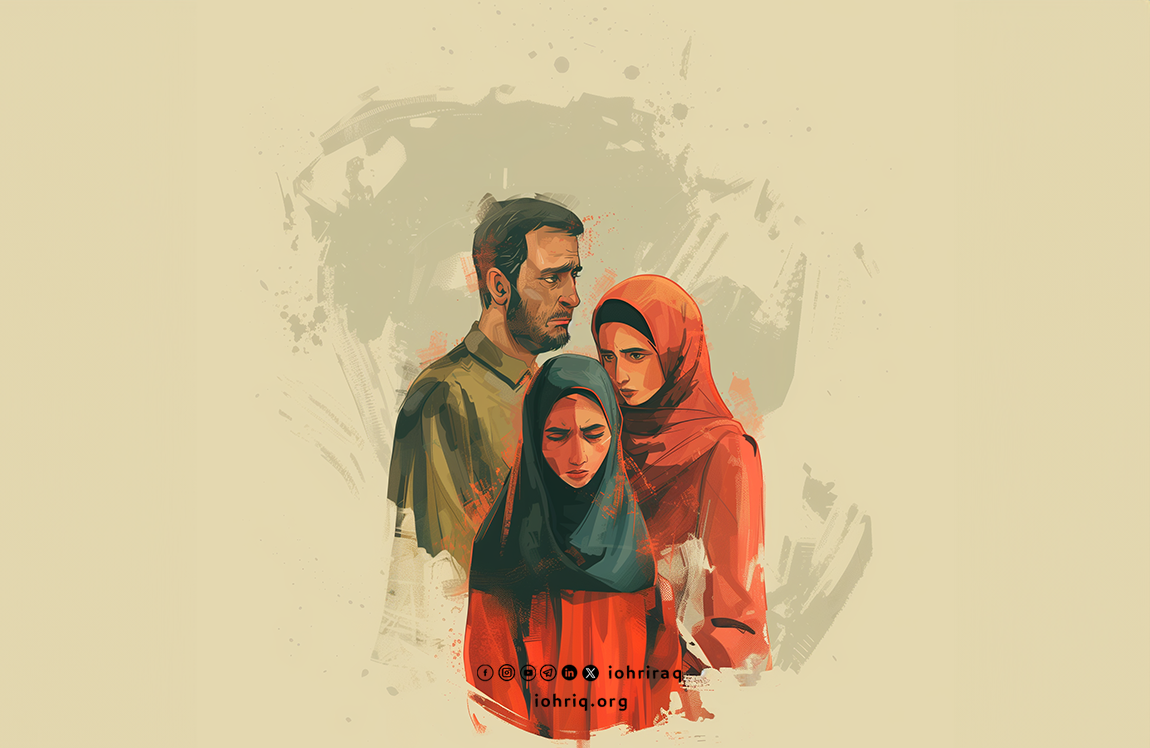The Iraqi Observatory for Human Rights (IOHR) indicated that the House of Representatives shall be rejecting the proposed amendments to the Personal Status Law No. 188 of the year 1959, as such amendments are based on Islamic legislation with its Shiite, Jaafari and Sunni sects in general, without specifying one of its four sects, which raises serious concerns about restricting the basic freedoms of Iraqi citizens.
We have concerns that amendments might be resulting in a violation of the constitutional and legal rights of the multiple sects that follow the Islamic religion in Iraq. Article 41 of the Iraqi Constitution stipulates that “Iraqis are free to adhere to their personal status according to their religions, sects, beliefs, or choices.”
The commitments of Iraq pursuant to the international conventions, including the International Covenant on Civil and Political Rights (ICCPR) and the Convention on the Elimination of All Forms of Discrimination against Women (CEDAW), require the protection of the rights of individuals to choose and determine their personal status without discrimination.
The attorney and human rights’ activist Mohammad Juma’a indicated in his post on the (X) platform: “Next Wednesday, the House of Representatives will be discussing the most dangerous law for Iraqi society (Personal Status according to Sects), which determines the age of marriage to be nine years (child marriage) while depriving women of real estate inheritance, and alimony on the condition of enjoyment, whereas the wife who does not enable the husband to enjoy his marriage of her shall receive no alimony. This law is the bullet of mercy in the body of Iraqi society.”
The stipulation of Paragraph (A) of Article One of the amendment, which refers to “every Iraqi man and woman,” needs careful clarification in order to ensure that there are no judicial or legislative ambiguities that could be unfairly applied to individuals of other than the stipulated sects.
In the same paragraph, the judiciary is granted the right to conclude the marriage contract according to the husband’s religion in case no application is submitted by the spouses to determine the doctrine of the contract. This deprives women of their right to choose their sect in the legal marriage contract, which contradicts international human rights principles that emphasize the necessity of gender equality and non-discrimination in all matters related to marriage.
We, at the Iraqi Observatory for Human Rights, are concerned that both Paragraphs (B) and (C) of Article One, which refer to the adoption of the “Code of Sharia Provisions in Personal Status Matters,” may pave the way for broad jurisprudential interpretations that lead to unequal and unfair applications. Legal stipulations must be a fixed and clear reference to guarantee the rights of all citizens without discrimination.
In addition, Paragraphs (D) and (E) of Article One assign the task of structuring the code to the opinion of the known reference in the Shiite, Jaafari and Sunni schools, which raises questions about the standards of transparency and the fair application of the best standards in human rights, so the choice of religious authorities must be based on clear and transparent standards in order to ensure fair and equitable law enforcement.
We are also deeply concerned that Article Two of the amendment allows legal marriage contracts to be ratified outside judicial bodies, which encourages marriage outside the competent courts without sufficient legal guarantees that are adequate to protect the rights of the spouses. All marriage contracts must be certified before the courts of jurisdiction in order to ensure the protection of the rights of all parties involved and to ensure the availability of legal guarantees that can be referred to in cases of dispute.
Representative Nour Nafe’ Al-Jlaihawi commented on the proposed amendment stating: “The proposed amendment to the Personal Status Law is a very clear amendment that includes breakdown of the Iraqi family, allowing contracts outside the legal frameworks to be broader, and giving clear legitimacy to the marriage of minors, thus supporting an increase in divorce and deepening the sectarianism among members of society.”
We at the Iraqi Observatory for Human Rights urge the Iraqi Council of Representatives to reconsider these proposed amendments to ensure the protection of the rights of all Iraqi citizens regardless of their sects or beliefs, while promoting equality and justice in Iraqi society. We stress the need to adhere to the Iraqi Constitution and international human rights agreements to ensure that the Personal Status Law is applied fairly and equitably.




